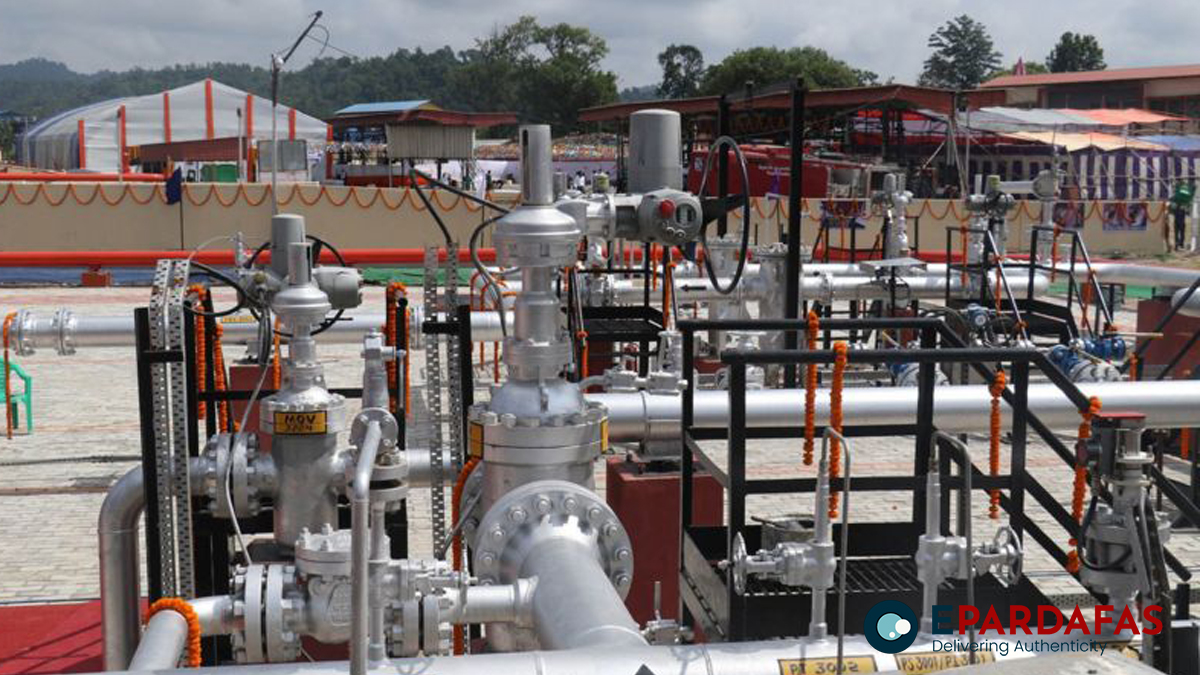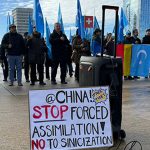
Petroleum Imports Decline as Construction Slows in Nepal
The import of petroleum products via the Birgunj Customs checkpoint has seen a sharp decline, reflecting a slowdown in the country’s construction sector. According to the Birgunj Customs Office, the import of diesel and petrol has dropped by over 25% during the first three months of the current fiscal year compared to the same period last year.
Birgunj, a key trade transit point for petroleum imports, recorded the entry of 135,518 kilolitres of high-speed diesel worth Rs 12.66 billion in the last quarter. However, this represents a 25.33% decrease in diesel imports, leading to a 27.43% drop in revenue collection, according to Customs Office Chief Deepak Lamichhane.
Under the Motihari-Amlekhgunj petroleum pipeline project, diesel continues to be transported via pipeline, while petrol imports are carried out by tankers. Pralayankar Acharya, Chief of the Nepal Oil Corporation’s Provincial Office in Amlekhgunj, attributed the decline in petroleum consumption to a slowdown in infrastructure development and construction activities.
He noted that the import of petroleum products is likely to increase once infrastructure projects resume and the pace of development accelerates. The rise in public interest in electric vehicles has also contributed to the reduction in fuel consumption.
Roshan Dahal, General Secretary of the Federation of Contractors’ Association of Nepal (FCAN), pointed out that construction activities have been hampered by the rainy season and the government’s delay in payments for completed projects. These factors have significantly impacted fuel demand across the country.













Comments